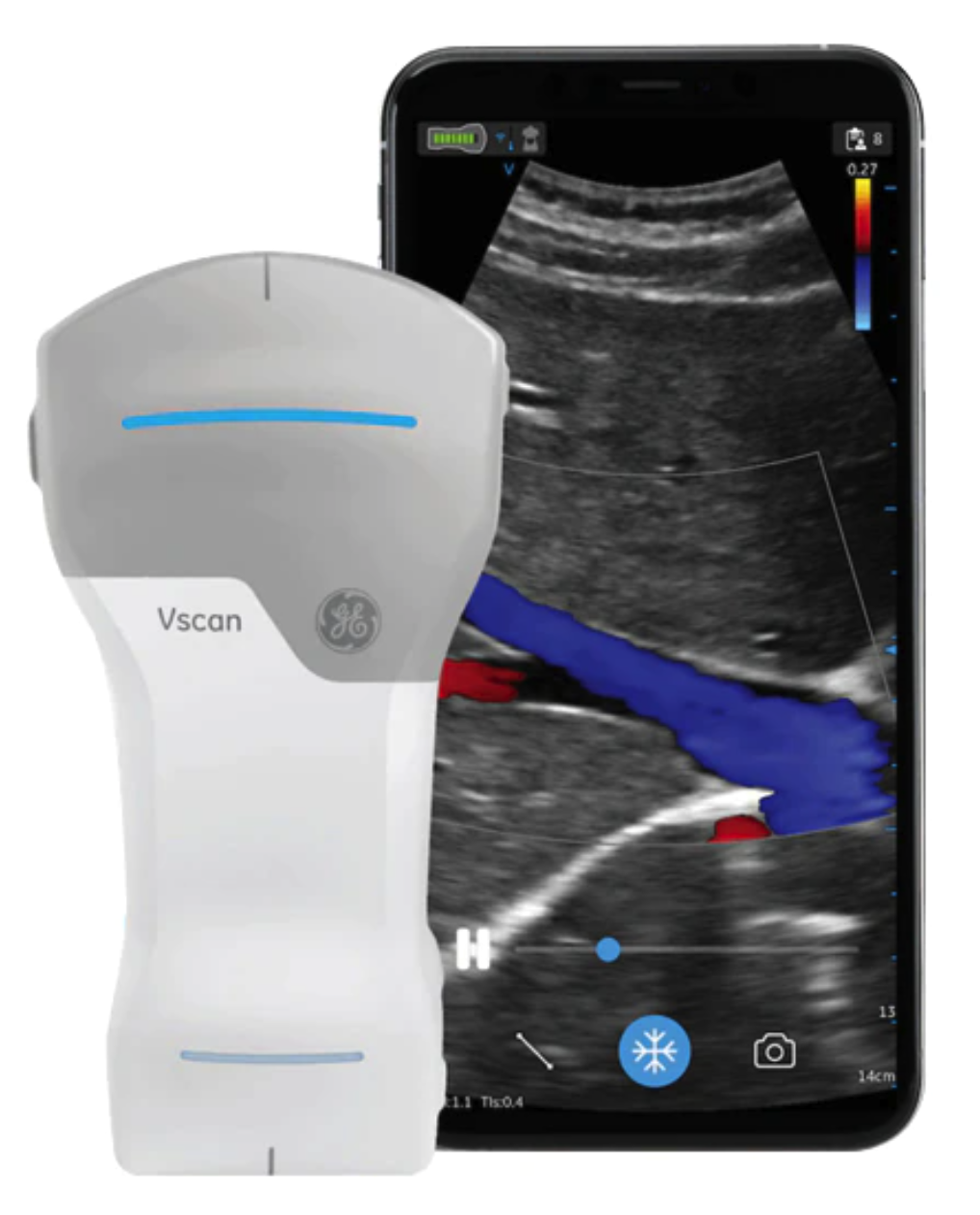GE HealthCare Signs $44M Contract With BARDA to Develop AI-Augmented Ultrasound Technology
Images

GE HealthCare has signed a $44 million contract with the Biomedical Advanced Research and Development Authority (BARDA)—part of the Administration for Strategic Preparedness and Response (ASPR) within the US Department of Health and Human Services (HHS)—to develop and obtain regulatory clearance for next-generation advanced point-of-care ultrasound technology with new artificial intelligence (AI) applications. Technology resulting from this jointly funded program will help healthcare professionals at all skill levels rapidly diagnose and provide timely treatment for patients with lung pathologies and traumatic injuries to the abdomen, chest and head.
According to data from the Centers for Disease Control and Prevention, trauma is a leading cause of death in the United States, posing an enormous burden to healthcare systems and society. Trauma patients’ survival is dependent on receiving timely and appropriate care. Injury detection and triage of trauma patients play key roles in successful patient care and resource management, both in everyday situations and in mass casualty events. Technologies that expedite care, including detection, evaluation, and decision-assist capabilities, potentially increase patients’ chances of survival.
“Point-of-care ultrasound is an essential tool in emergency situations to help clinicians quickly get the answers they need when treating patients,” said Roland Rott, President and CEO, Ultrasound, GE HealthCare. “We are grateful and excited for the opportunity to partner with BARDA to contribute our expertise in ultrasound and AI applications to develop innovative solutions for identifying a range of traumatic injuries and lung pathologies. Our collaboration has the potential to enhance the ability of clinicians to provide timely care for trauma patients even in the most dire scenarios.”
As part of the collaboration with BARDA, GE HealthCare will build new technology to expedite trauma triage and treatment, potentially transforming the standard of care. GE HealthCare will build upon its existing point-of-care ultrasound technology portfolio to develop an advanced probe and ultrasound system together with novel AI technology to ease acquisition and interpretation of ultrasound exams for users of all skill levels, thereby increasing the number of capable users and making delivery of care more efficient. The proposed devices will cover indications for multiple injury types: blunt and penetrating trauma, head trauma, lung injuries (including blast lung), as well as multiple lung pathologies encountered outside trauma care such as those seen in infectious diseases.
“GE HealthCare has been a leader to bring ultrasound to the emergency department and has a strong presence at the point of care with both traditional and handheld ultrasound systems,” said Dietmar Seifriedsberger, Global General Manager, Point of Care and Handheld Ultrasound, GE HealthCare. “Working with BARDA is another step toward realizing the enormous potential of ultrasound technology to help hospitals increase preparedness for mass casualty events, including a range of traumatic injuries and lung pathologies, as well as help improve treatment decision-making and enhance patient care.”
GE HealthCare will develop technology and AI applications to be compatible with select point-of-care ultrasound systems from its product portfolio to facilitate rapid assessment of patients across a wide range of environments and care settings.